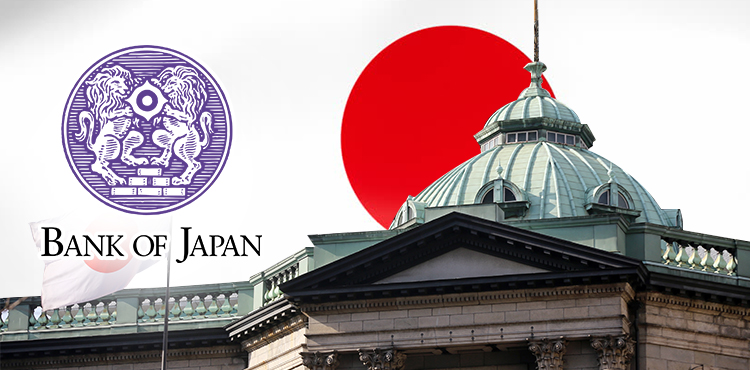The Bank of Japan (BOJ) noted on Friday that the country’s increasing minimum wage is likely to drive up inflation, particularly through elevated service prices.
The central bank expressed confidence in the sustainable achievement of its 2% inflation target, emphasizing that continual and widespread wage hikes are essential prerequisites for considering an increase in interest rates from their existing near-zero levels.
The anticipated record 5.1% rise in the average minimum wage for the fiscal year ending in March 2025 is expected to have a pronounced impact, especially in regions where the minimum wage has been kept at lower levels, as outlined in the BOJ’s comprehensive quarterly outlook report.
The BOJ highlighted that a 1% increase in the minimum wage would lead to a 0.07 percentage point rise in services prices based on the consumer price index, while an evaluation of Japan’s Gross Domestic Product (GDP) deflator revealed a shift in the primary driver of inflation from unit profits to unit labour costs starting in 2024.
This shift suggests that inflation in Japan is increasingly influenced by the growth in labour costs rather than the effect of higher raw material expenses.
In its efforts to achieve sustained progress towards the 2% inflation target, the Bank of Japan ended negative interest rates earlier this year and raised short-term rates to 0.25% in July. Governor Kazuo Ueda emphasized the necessity for robust domestic demand and substantial wage growth to support further interest rate hikes.
Meanwhile, Shigeru Ishiba’s Liberal Democratic Party has committed to boosting the average minimum wage by 42% to 1,500 yen per hour by the end of the decade, aiming to alleviate the strain of rising living expenses on households.
However, the uncertain global economic outlook and its impact on company profits may pose challenges to the continuous increase in wages, despite a recent trend of significant pay raises resulting from a tightening labor market.
Projections from a Reuters poll suggest a notable slowdown in Japan’s economy in the third quarter due to dampened global demand and mounting living costs, exerting pressure on both exports and consumption.





